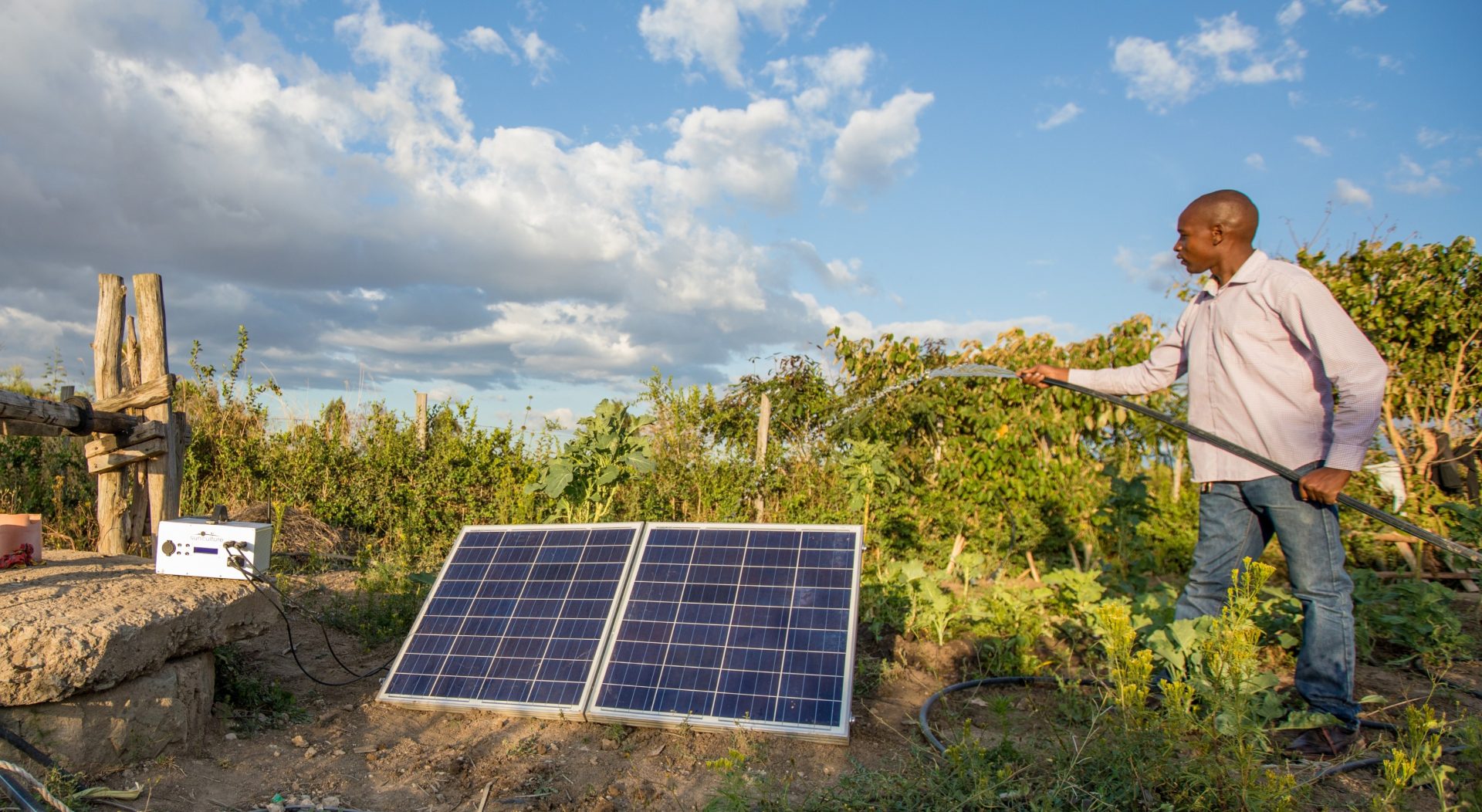Steward Redqueen, a development impact consultancy, has just published its independent evaluation of the link between power and jobs in Uganda. We commissioned this report to help us better understand how power sector investments create jobs and whether or not the scale of this job creation is as big as suggested by macro-economic models.
Quantifying the number of jobs created as a result of a power sector investment isn’t an altogether straightforward task, and estimates vary widely. Most jobs aren’t created in power sector companies themselves, but in businesses throughout the economy that rely on electricity for production. Moreover, as electricity provision improves and production increases, they are created in the supply-chains of these businesses.
While it would be a gargantuan task to visit every Ugandan business to find out how improved power provision (a 46 per cent increase of available generation capacity and a six percentage point reduction in losses during distribution, between 2011 and 2014) has impacted their hiring and procurements decisions, we did ask the team at Steward Redqueen to dig beyond the macro-economic models to get a sense of how businesses really respond to fewer outages. In Uganda, between 2011 and 2014, outages fell from 28 to 12 hours a month.
We are almost as excited about the methodology they developed, as we are about the results.
First, they started with firm-level data (rather than top-down modelling), including interviews with 119 Ugandan businesses, to supplement existing data. The interviewees – by Research Solutions Africa (RSA) – needed to be carefully timed to avoid clashing with Uganda’s General Election last February. They then worked closely with Uganda’s main electricity distributor, Umeme, to analyse large amounts of outage data in order to verify the information they had gathered from firms.
Research partners, RSA then interviewed households as part of the first-ever CDC-commissioned household survey. The results were both surprising and informative. In particular, the finding that the number of years with electricity had no discernable impact on household income, suggesting access to electricity is not a significant job creator at household level – for example by stimulating micro-entrepreneurs.
Finally, they triangulated the firm-level and household-level data, along with macro-economic variables to: calculate the number of jobs created from Uganda’s sizable improvement in power provision between 2011 and 2014 and; recommend that power sector investments be primarily aimed at increasing the productive use of power to increase employment creation.
These findings help us to better understand how to best achieve our job creation mission and we are actively looking at ways to work with our power sector investees to prioritise productive uses. We also care about development impacts beyond job creation that arise from household electrification – for example in reduced air pollution and longer study hours – and, as our household electricity portfolio develops, we are keen to evaluate its lasting benefits to people’s lives.
Kate Griffith is Head of Evaluations at CDC.
You can read the report in full here
About our evaluations
We regularly commission independent evaluations to increase understanding of our development impact and to guide future investments.










